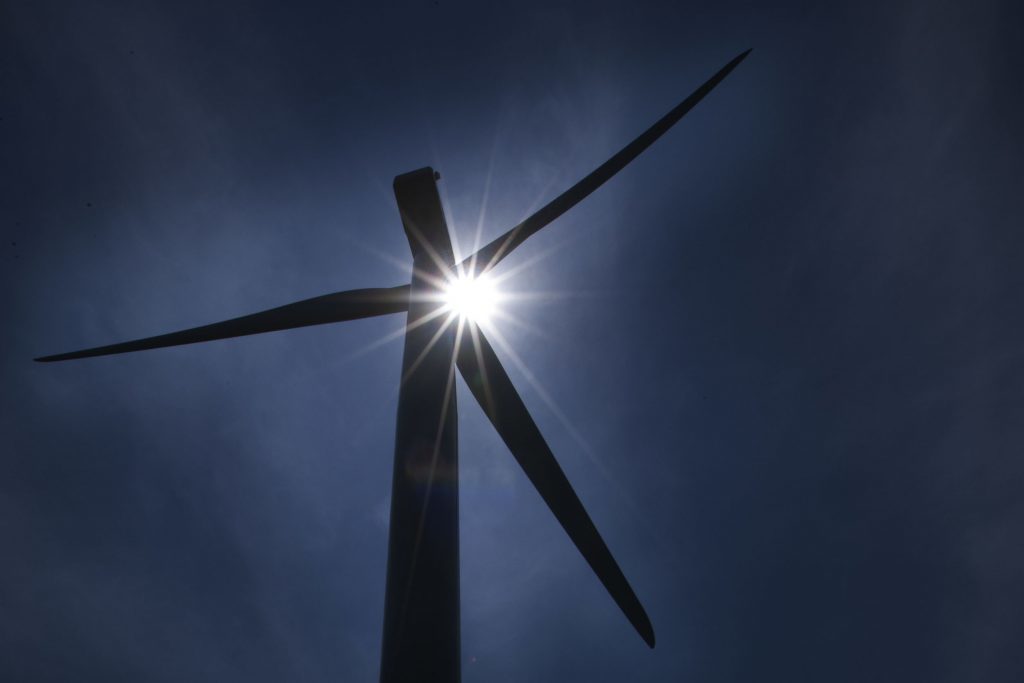
Wales can play a leading role in tackling climate change, the Committee on Climate Change (CCC) has said, despite warning that meeting emissions targets will be harder for the country than for other areas of the UK.
The Committee made the comments in a report which provides independent advice to the Welsh Government on meeting its legally-binding bid to reduce its emissions in 2050 by at least 80% compared with 1990 levels.
The report, Building a low-carbon economy in Wales – Setting Welsh Climate Targets, released on Tuesday, points to emissions from agriculture and industry, which make up a large part of Wales’ carbon budget, as being “harder to cut”.
It recommends early decarbonisation of electricity generation and waste in order to maintain vital Welsh industry, including steel production, and says emissions reductions from industry should take place later, in the 2030s and 2040s.
The CCC, chaired by Lord Deben, warned that meeting the targets would be “highly challenging”.
Lord Deben said: “Wales has set itself an ambitious but achievable emissions reduction target for 2050 as part of the global effort to tackle climate change.
“The carbon targets we are recommending today present a pathway for Wales to decarbonise its economy while protecting Welsh industry, jobs and future generations.”
The report states that in 2015 greenhouse gas emissions in Wales were 19% below the level in 1990, compared with a 37% reduction for the UK as a whole over the same period.
It says many of those emissions in Wales are from large point-sources, such as a number of power stations including the “very large” coal plant at Aberthaw, which accounts for 14% of total Welsh greenhouse gas emissions.
The report recommends that the first carbon budget for the period 2016-20 limits emissions to an average of 23% below 1990 levels, and the second carbon budget (2021-25) to an average of 33% below 1990 levels.
The Welsh Government’s cabinet secretary for energy, planning and rural affairs, Lesley Griffiths, welcomed the report and said it was not just about emission reduction but also about ensuring Wales “has clean air, water, liveable places, productive farmland, energy security and good quality jobs”.
“We are already taking early action,” she said.
“I recently announced my ambition for the public sector to be net carbon zero by 2030, ambitious renewable energy targets, and only last week the economy secretary placed decarbonisation as a central pillar of our new Economic Action Plan.”
The report makes a series of recommendations on policy.
It points to building standards as an “area in which Wales can play a leading role in UK action to reduce emissions” and calls on the Welsh Government to use its powers to ensure new buildings have a high standard of energy efficiency.
Other recommendations include:
:: Reducing emissions from transport by promoting increased use of public transport and by building a better network of charging points for electric vehicles.
:: Reducing emissions from agriculture, which account for 13% of Wales’ emissions, by moving beyond the current voluntary approach to reducing emissions.
:: Increasing tree planting rates to at least 4,000 hectares per year.
:: Providing more electricity from low-carbon sources.
